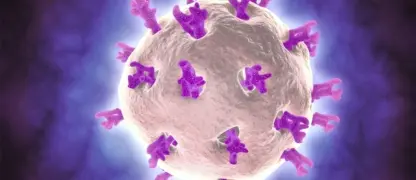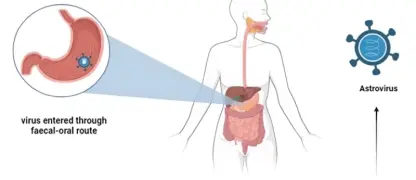Adenovirus Gastroenteritis is a viral infection that affects the digestive system. Knowing its symptoms, causes, and treatments helps prevent complications and ensures quick recovery.
What are the main causes of Adenovirus Gastroenteritis?
- Adenovirus infection often spreads through contaminated food or water, leading to inflammation of the stomach and intestines in children and adults.
- Close contact with infected individuals, such as in schools or daycare centers, increases the risk of transmission significantly.
- Weakened immune systems can make it easier for adenoviruses to cause severe gastroenteritis, particularly in young children and elderly adults.
Key symptoms of Adenovirus Gastroenteritis to watch for
- Diarrhea is a common symptom, often watery and persistent, which may lead to dehydration if not treated promptly.
- Vomiting and nausea frequently accompany the infection, sometimes causing discomfort and difficulty keeping fluids down.
- Fever and abdominal cramps may develop, signaling the body’s immune response to the viral infection.
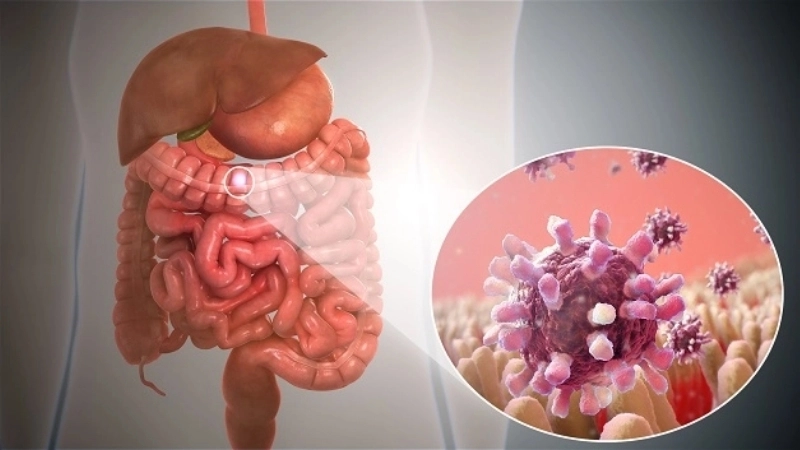
>>>Explore now: Understanding Rotavirus Infection and its common symptoms
How can you prevent Adenovirus Gastroenteritis effectively?
- Maintain strict hand hygiene, especially after using the restroom or handling food, to reduce viral spread.
- Avoid close contact with infected individuals, and disinfect commonly touched surfaces in homes or schools regularly.
- Ensure safe food and water practices, including proper cooking, washing fruits and vegetables, and avoiding untreated water.
>>>Explore now: Understanding norovirus infection and its common symptoms
Image description of Adenovirus Gastroenteritis
Adenovirus Gastroenteritis is a viral infection that causes inflammation of the stomach and intestines, resulting in diarrhea, vomiting, and fever. Proper hygiene and care are essential for prevention.
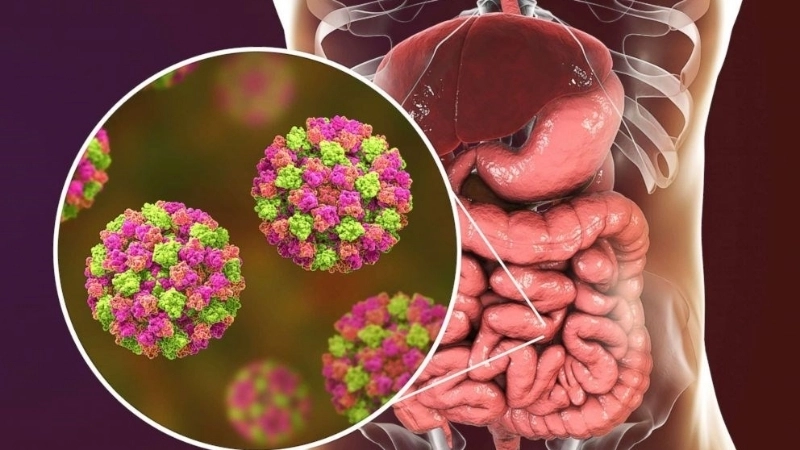
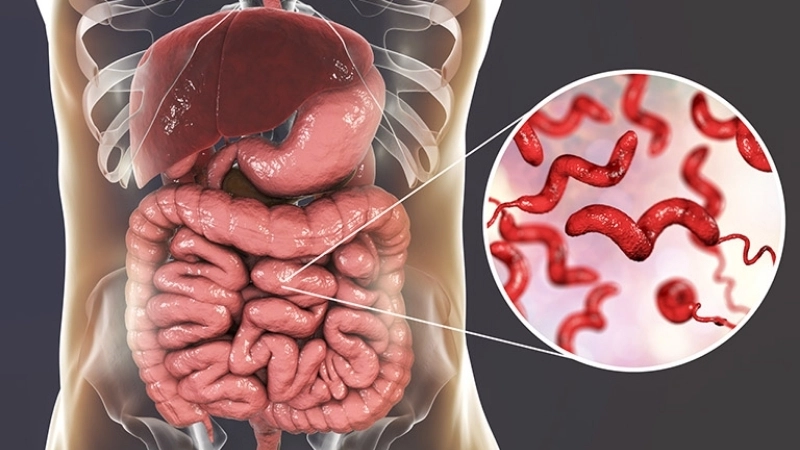
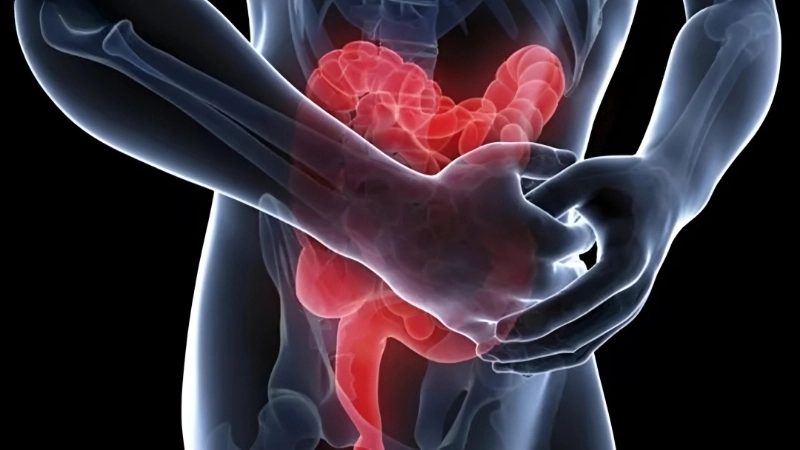
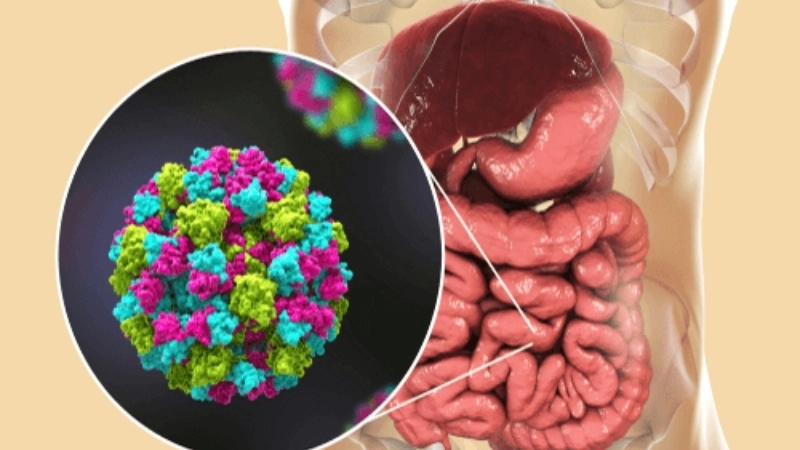
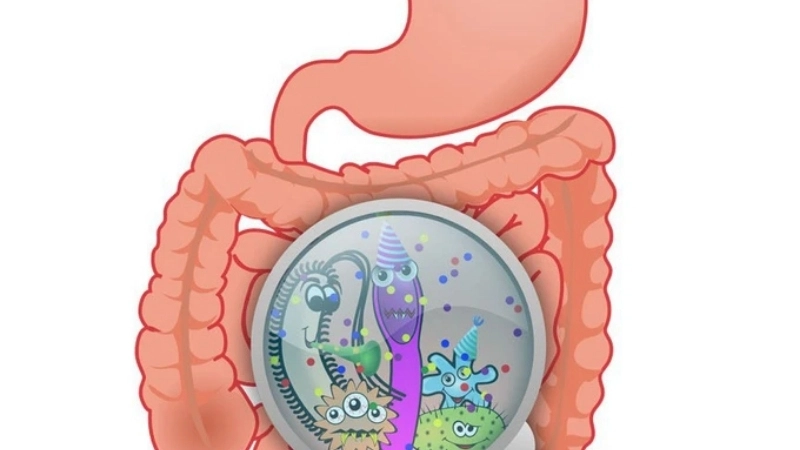
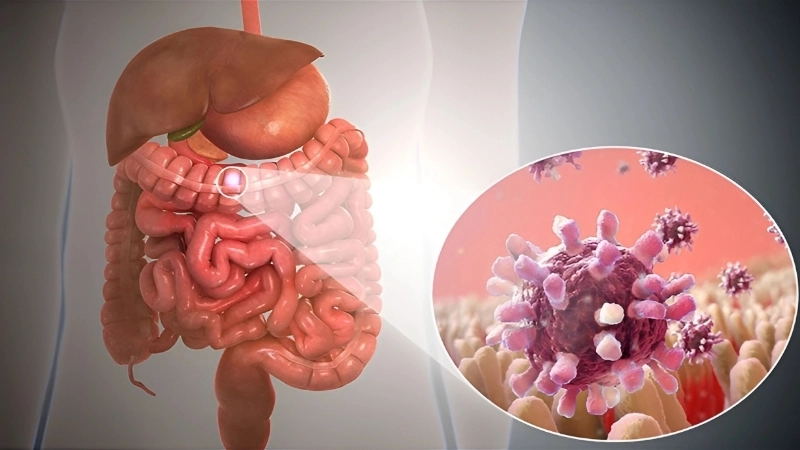
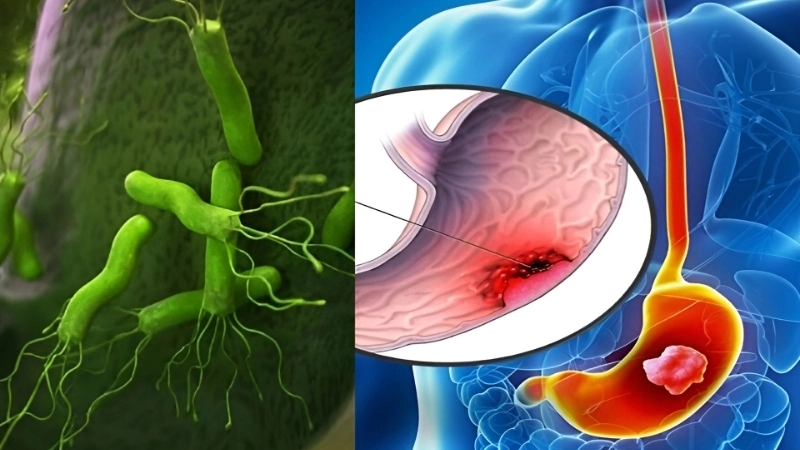

>>>Explore now: Understanding Viral Gastroenteritis (Stomach Flu) symptoms
Understanding Adenovirus Gastroenteritis empowers you to take early action, protect loved ones, and manage symptoms effectively, ensuring faster recovery and reduced risk of severe illness.



